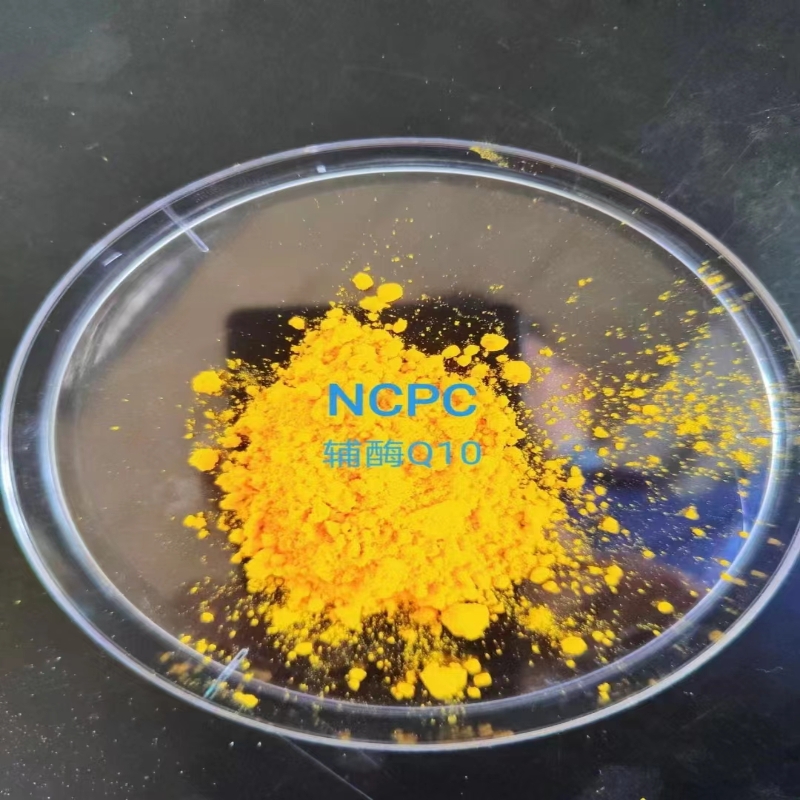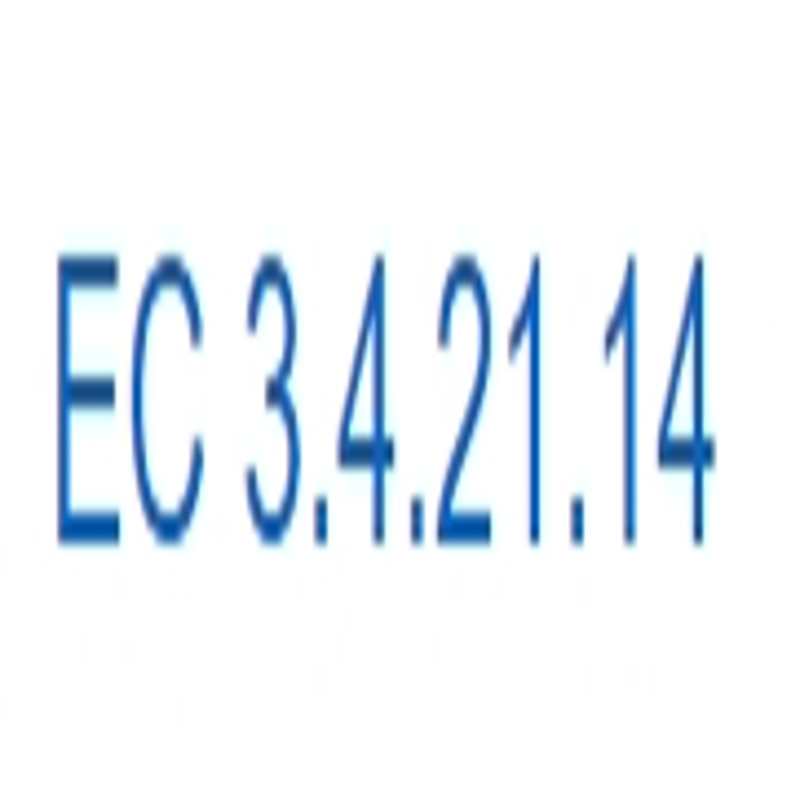Cell Metab: research reveals the reason why type 2 diabetes patients can't secrete insulin normally!
-
Last Update: 2018-02-09
-
Source: Internet
-
Author: User
Search more information of high quality chemicals, good prices and reliable suppliers, visit
www.echemi.com
February 9, 2018 / BIOON / - in a new study, researchers from Uppsala University and Lund University showed why type 2 diabetes patients can't normally secrete insulin The study was recently published in cell metabolism Cell metabolism type 2 diabetes is a major public health problem in the world, with more than 400 million people suffering from the disease Both lifestyle and genetic factors can cause the disease The main problem of the disease is insufficient insulin secretion to reduce blood glucose, which is produced by beta cells in the pancreas and secreted into the blood A team led by Sebastian barg of Uppsala University now finds that this is due to the inhibition of insulin packaging and delivery to beta cells When the vesicles containing insulin fuse with the cell membrane, insulin is secreted and enters the blood In order to achieve this goal, each vesicle must be assembled into an insulin secreting body on the cell membrane before insulin can be secreted to exert its effect By comparing beta cells in normal people with those in type 2 diabetes, the researchers found that the problem with type 2 diabetes was that the vesicles did not adhere to the cell membrane In diabetic beta cells, the speed of new vesicles reaching the cell membrane is very slow, resulting in the inability of new vesicles to assemble the component secretion, so the insulin content secreted into the blood is seriously insufficient This new study will help guide the development of new therapies for type 2 diabetes Reference: Nikhil R gandasi et al Glucose dependent granule docking limits in secret and is determined in human type 2 diabetes Cell metabolism, Vol 27, issue 2, p470 – 478.e4 published in issue: February 06, 2018.doi: https://doi.org/10.1016/j.cmet.2017.12.017
This article is an English version of an article which is originally in the Chinese language on echemi.com and is provided for information purposes only.
This website makes no representation or warranty of any kind, either expressed or implied, as to the accuracy, completeness ownership or reliability of
the article or any translations thereof. If you have any concerns or complaints relating to the article, please send an email, providing a detailed
description of the concern or complaint, to
service@echemi.com. A staff member will contact you within 5 working days. Once verified, infringing content
will be removed immediately.







